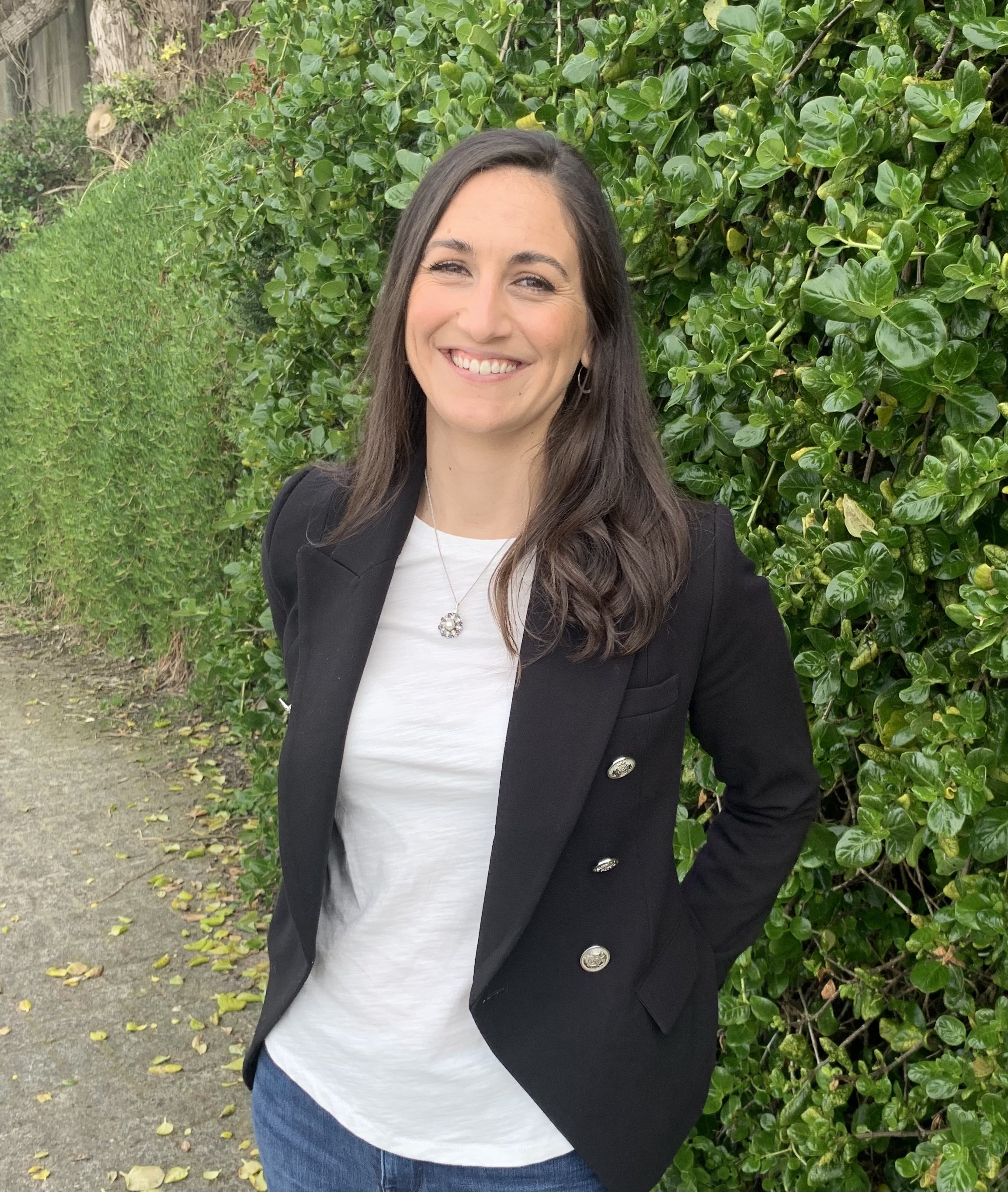FLAG Researcher Spotlight: Dr Olivia Harrison
Dr Olivia Harrison
“…being a researcher has led to incredible opportunities and experiences across the world”
Please tell us who you are, your institution and your title
Dr Olivia Harrison, Rutherford Discovery Fellow and Senior Lecturer, University of Otago.
Tell us a little about yourself and your research interests
I was born in Auckland, grew up in Christchurch, did my undergraduate studies at Otago and then spent a decade overseas doing my PhD at the University of Oxford (followed by a Postdoc) and then a Fellowship in Zurich, Switzerland. I met my husband in Oxford (I scanned his brain) while he was also doing his PhD. We came back to NZ from Europe mid-pandemic so I could take up my Rutherford Fellowship, and we now have a little boy, Louis, who is almost 2.
My research is focused on understanding anxiety and how different treatment strategies can help. Specifically, I study how we perceive signals from our body (interoception) and how this may be disrupted with different levels of anxiety. I work alongside clinicians and those who have experience of anxiety to make sure we are tackling relevant research questions, so our work can be directly translated and useful.
How did you become involved with neuroscience? What is it that you love about your field?
I have always been really interested in understanding how the brain and body communicate, and I actually did two undergraduate degrees – one in exercise physiology and another in neuroscience. In my honours, I started to combine the two and investigated brain blood flow in rowers, testing whether this might contribute to the changes seen in rowing performance across the day (spoiler, it likely doesn’t – it’s more probably that things like warmer and more efficient muscles that help to improve performance in the afternoon). And while I spent a lot of time really involved in sport and long distance endurance events personally, across my research journey I realised it was actually how we can use exercise for mental health that I was really passionate about, by enhancing that communication between brain and body. So after my PhD we went to Switzerland for nearly 3 years so we could join a Psychiatry lab, and there I learned a lot more about conditions like anxiety.
Have you been working on something really exciting recently? Can you tell us about it
We are! Well, I think it’s exciting 😊. We are currently running two big longitudinal studies – one looking at the effects of exercise to help improve anxiety in sub-clinical populations, and one looking at the effects of anti-anxiety medication in those who have clinical levels of anxiety. These studies have nearly 100 participants in each, most of whom are measured twice, so we have a really big team in my lab running them. We hope to be finished with data collection by the end of 2025 and are looking to answer questions such as: How does aerobic exercise, compared to stretching exercise, help to improve anxiety? Do they both improve how we perceive our body? How does our brain function in line with these anxiety improvements? And what aspects of anxiety can medication (specifically selective serotonin reuptake inhibitors) help with, and what does it not help with? Are there some people who are better suited to this type of treatment than others?
We are have also been running some short-term studies that have looked at the effects of tools such as breathwork and progressive muscle relaxation on improving state anxiety, as well as a single session of exercise. Here, we have seen that breathwork (specifically slow exhales / long sighs and techniques like box breathing) was the most effective overall out of all of the different options, but each person responds differently, so it needs to be about finding the thing that works best for each individual.
How do you balance the challenges and rewards of being a researcher?
Being a researcher means you get to work on things you are interested in and passionate about, but this is also the challenge – it’s hard to switch off from that! Spending time with my family and friends is really important, so I try and prioritise this. At times it is pretty busy, and I am having to learn to say no a bit more. But being a researcher has led to incredible opportunities and experiences across the world, so we just try to enjoy these as they come!
Interviewed by: Lily Bentall (PhD Student, University of Otago)

